
Self-Reflection
This page will help you to reflect on your own identities and communities, while also reflecting on your assumptions and internal biases.

Addressing Social Injustices through Critical Self Reflection
Sherry Ramarattan Smith provides suggestions for educators who are beginning the work of self-reflection.
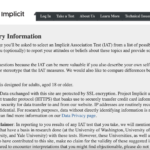
This site provides an Implicit Association Test (IAT) from a list of possible topics, asking users to report their attitudes or beliefs on various issues so as to understand their own implicit biases.
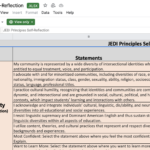
Justice Equity Diversity and Inclusion Self Assessment
Created by the SOE Equity and Advocacy Committee, this self-assessment provides opportunities to understand ourselves as we connect to issues of justice, equity, diversity, and inclusion.

From the National Center on Safe Supportive Learning Environments, this is a resource for educators to reflect on their inclusion of social emotional competencies within their practices.
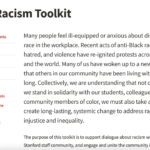
Created by Stanford, this toolkit offers resources for how to be an anti-racist, including suggestions for self-reflection, advocacy, and allyship.

Addressing Social Injustices through Critical Self Reflection
Sherry Ramarattan Smith writes about how we can begin the work of self-reflection, providing suggestions for educators to begin the work.
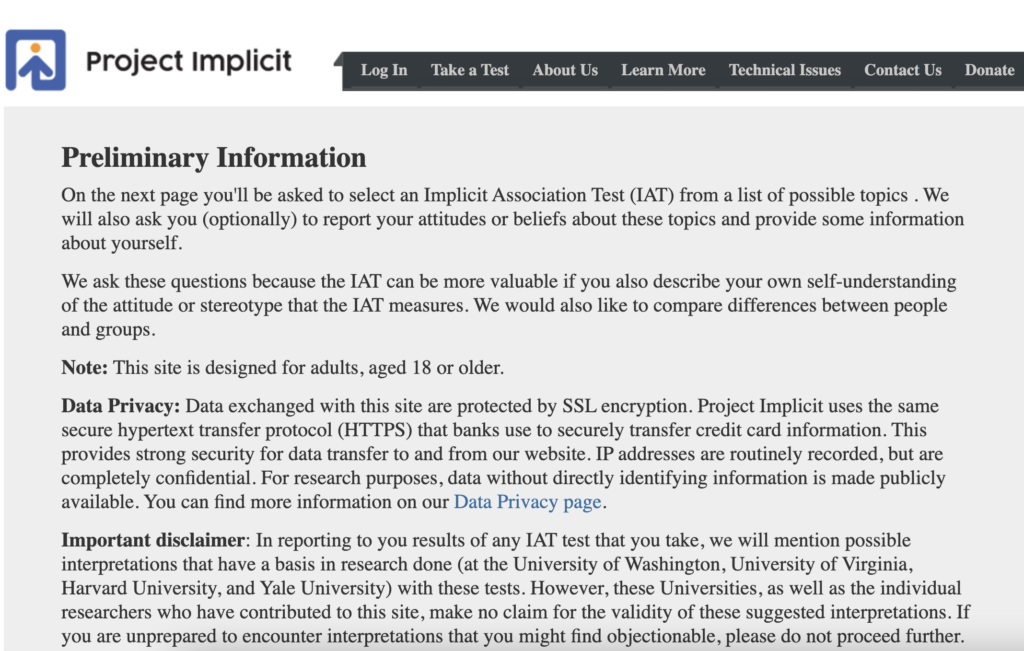
Project Implicit is a 501(c)(3) non-profit organization and international collaboration of researchers who are interested in implicit social cognition and use the anonymous data for their own research.

Justice Equity Diversity and Inclusion Self Assessment
The first step in becoming social justice advocates and leaders is to consider where to begin with a self-assessment, which is meant to initiate a structured and ongoing self-reflection.
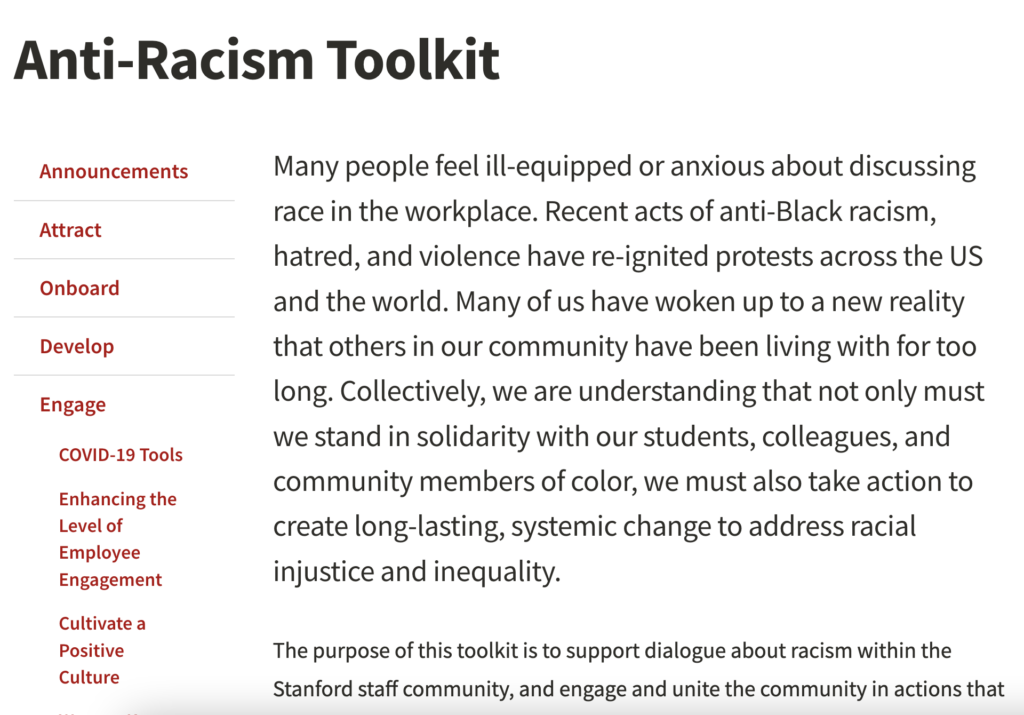
Created by Stanford, this toolkit offers resources for how to be an anti-racist, including suggestions for self-reflection, advocacy, and allyship.
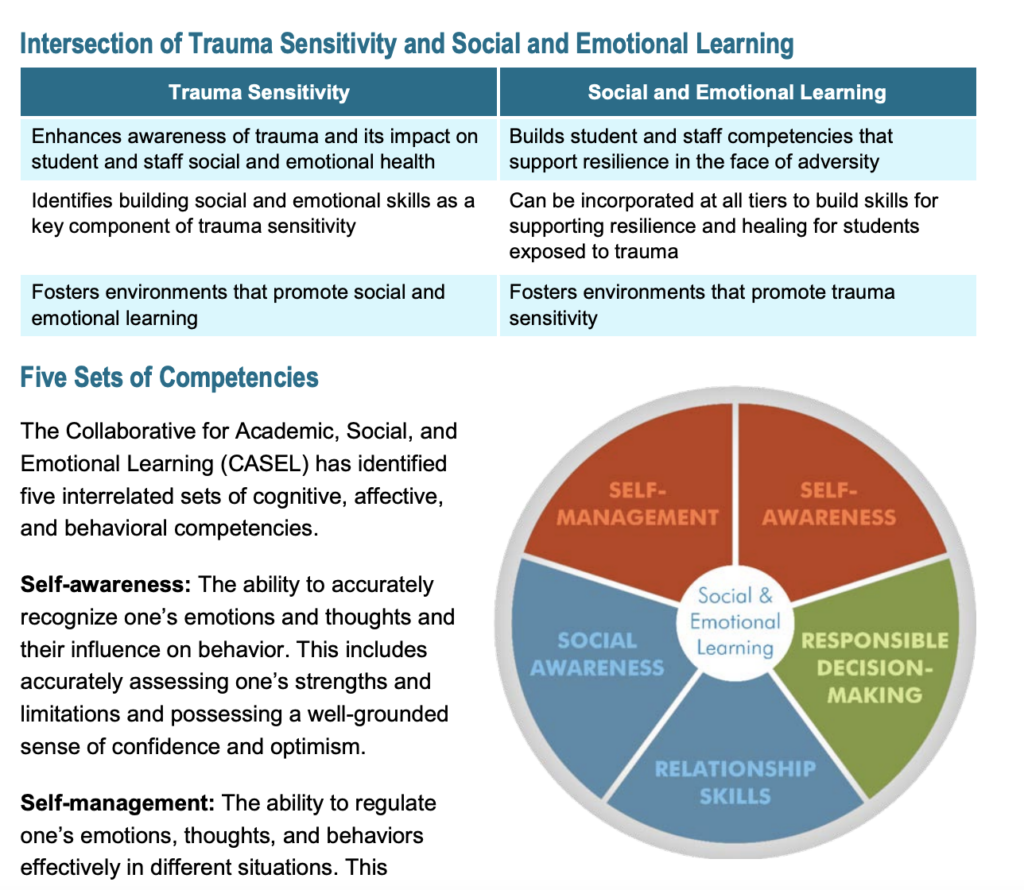
From the National Center on Safe Supportive Learning Environments, a resource for educators to reflect on their inclusion of social emotional competencies in their practice.


